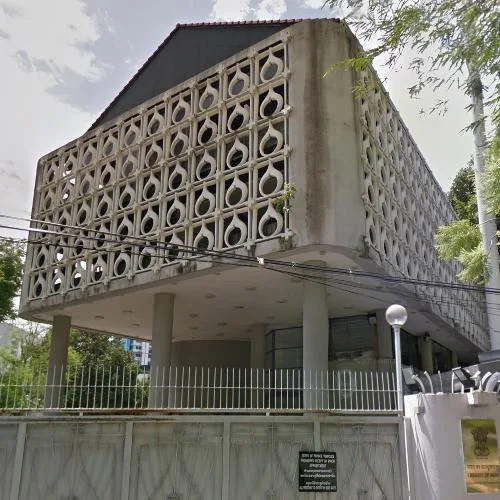Transparency activist Commodore Lokesh Batra wrote to Indian embassies in Saudi Arabia, Thailand, and Sri Lanka in June this year, seeking details of expenses incurred by Indian missions abroad during Prime Minister Narendra Modi’s visits to these countries in April 2025. Modi visited Thailand on April 3 and 4, on the invitation of the Prime Minister of Thailand. He travelled to Sri Lanka from April 4 to 6, again on an invitation from the Sri Lankan Prime Minister. His visit to Saudi Arabia took place from April 22 to 23, on the invitation of the Crown Prince. Information received indicates that the total expenditure on these trips exceeded Rs 10 crore; however, the Indian embassy in Thailand refused to disclose any information under the RTI Act.
In Sri Lanka, hotel accommodation alone cost Rs 2,21,49,465. As a state guest, Prime Minister Modi could have availed of accommodation provided by the Sri Lankan government. Alternatively, he could have stayed at the Indian embassy premises, thereby saving Indian taxpayers this substantial expense. According to the embassy official in Sri Lanka, transport alone cost over Rs 1 crore. Including media and IT expenses, daily allowances, flag poles, and stationery, the total expenditure incurred by the Indian embassy in Sri Lanka for the Prime Minister’s visit amounted to Rs 4,46,21,690.
In Saudi Arabia, hotel charges were relatively modest—just over Rs 4 lakh. Nevertheless, even this amount could have been avoided had the Prime Minister opted to stay in the embassy’s guest rooms or accepted the hospitality offered by the host nation. The major expense head in Saudi Arabia was transport, on which the embassy spent over Rs 4 crore. These costs could have been significantly reduced had the Prime Minister agreed to use vehicles already available with the embassy.
In his RTI application, Commodore Batra attached a reply to a question raised in Parliament by Congress president Mallikarjun Kharge, seeking details of the expenses incurred on Prime Minister Modi’s foreign trips. A response in the Rajya Sabha dated March 20, 2025, revealed that Rs 10,74,27,363 was spent on Modi’s trip to the US in 2011. Over Rs 9 crore was spent on his 2013 trip to Russia, and over Rs 8 crore on his visit to France in 2011. His visit to Germany in 2013 cost India more than Rs 6 crore.
The Rajya Sabha reply also provided a breakdown of expenses under various heads. Among them were “venue charges,” including over Rs 2 crore spent under this head in Germany in 2022. Such charges could easily be avoided if the Prime Minister refrains from addressing large crowds in hired venues abroad.
No information was shared about the expenses incurred by the Indian embassy in Thailand for the Prime Minister’s April 2025 visit. In a response dated July 11, 2025, the Public Information Officer of the Indian Embassy in Bangkok wrote: “As the disclosure of information would prejudicially affect the security and strategic interests of India, it is informed that disclosing information regarding expenditure of foreign engagement of the Prime Minister may not be feasible under the provision of Section 8 (1) (a) and (j) of the RTI Act 2005.”
Section 8(1)(a) of the RTI Act pertains to information that could potentially affect the sovereignty and integrity of India, while Section 8(1)(j) bars the disclosure of information related to personal life.
The embassy’s refusal to disclose even basic expenditure figures appears opaque.
---
*Freelance journalist


Comments